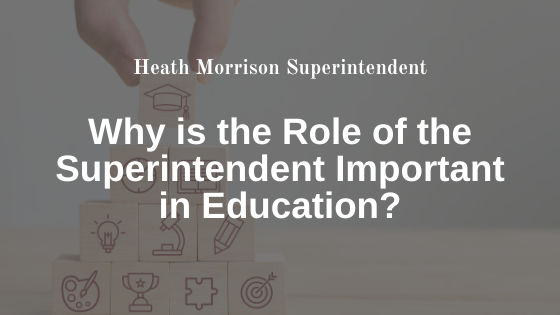School superintendents hold a powerful and often difficult role in a community as they must be competent, experienced, and versed in all aspects of the school system for which they work. In addition to being charged with overseeing all district staff, they are also chief executives, leading all financial, operations business matters in addition to the academic organization of the school system.
Superintendents must also be able to win the support of the community in which they work by responding to the demands of the various constituencies and stakeholders within the district. These groups include teachers, students, parents, staff, advocates, taxpayers and the citizens at large. Superintendents are public figures in their communities, serving school districts’ goals and working with civic leaders diplomatically.
The most successful and popular superintendents can improve the community’s educational standing, an essential element to retaining residents and drawing new ones into their communities. As a school system’s leader, an effective superintendent possesses the following characteristics that are keys to success:
A relevant and clear vision for a district
Working with the local school board, a superintendent establishes a bold vision, aspirational but achievable objectives, and goals for the school district and ensures that these are met.
Leadership in Instruction
A leader in education, the superintendent, is familiar with the most effective practices that lead to student achievement. Mindful of this goal of achievement, the superintendent encourages and supports the teachers of the district in their efforts.
Effective Communication
A superintendent of a school system is capable of conveying the requirements and accomplishment of the district in appropriate formats. These can be written reports, public meetings, and appearances at school events, as well as communication with the local media.
Competent Management
A successful superintendent sets the goals for his/her district and directs administrators toward accomplishing these goals. The superintendent also monitors the progress of his/her staff and evaluates their performances. An effective superintendent is also an effective financial manager.
Listening Skills
An effective superintendent listens first, then weighs the differing viewpoints presented. With these perspectives in mind, the leader makes the best decision based upon his/her educational philosophy balanced with that of the educational community. Furthermore, the superintendent should be open to changes in these plans if circumstances demand them.
Courage in taking risks and following through on commitments
Effective superintendents set realistic goals that take effort and commitment. Then, they put effective programs and resources in place to achieve those goals.

